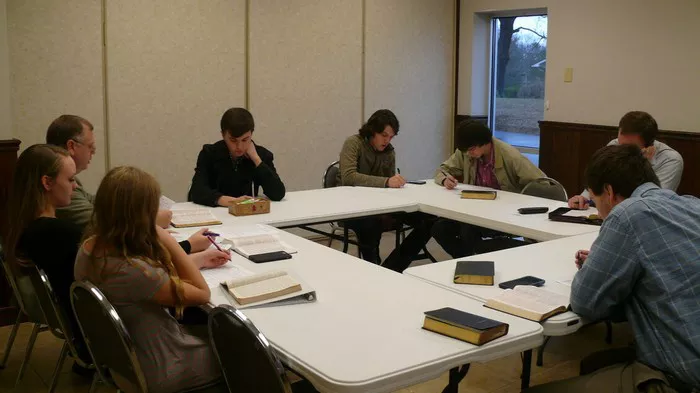The latest findings from the American Bible Society’s State of the Bible report indicate a concerning downturn in Bible engagement among Americans, yet with discernible rays of optimism.
Released as part of its annual survey, chapter 3 of the report underscores a persistent decline in readership and interaction with the Bible. However, it also highlights a promising trend: a notable level of engagement among Generation Z adults, who are actively participating in Bible-related activities.
According to the report, this demographic’s frequent engagement with scripture has been linked to enhanced life quality, particularly through its impact on forgiveness and overall well-being.
The American Bible Society initiated its comprehensive analysis on the State of the Bible in 2011, aiming to gauge Americans’ spiritual and biblical inclinations. Over the years, the study has consistently shown that involvement with the Bible influences decision-making and fosters improved interpersonal relationships.
Key statistics from the latest report indicate a decrease in daily, weekly, and occasional Bible use compared to previous years. Concurrently, physical and mental health levels have seen a decline over the past two years, which is a notable concern amid increasing church attendance among U.S. adults.
Highlighting the challenges faced by Generation Z adults and millennials, the report identifies elevated stress levels and a diminished sense of life’s meaning and purpose among these groups. The complexities of modern life, including decisions regarding education, career paths, and personal relationships, contribute significantly to this stress.
Despite these challenges, the report finds that young adults who engage regularly with the Bible tend to exhibit higher scores on measures of human flourishing compared to their peers who do not. John Farquhar Plake, PhD, Chief Innovation Officer at the American Bible Society, emphasizes that these findings underscore the potential for the Bible to positively impact the lives of young adults facing unique challenges.
Moreover, the report underscores the critical role of forgiveness in promoting human flourishing. Individuals who express a capacity for forgiveness, regardless of receiving an apology, consistently report higher levels of well-being.
The research, based on a nationwide survey conducted by NORC at the University of Chicago, offers insights into various groups’ engagement levels with scripture and their corresponding well-being scores. The study distinguishes between Scripturally engaged individuals, the “Movable Middle,” and those who do not engage with biblical texts, revealing significant differences in their flourishing outcomes.
Looking ahead, the American Bible Society plans to release additional chapters throughout 2024, examining themes such as community cohesion, loneliness, and philanthropy. CEO Jennifer Holloran underscores the organization’s commitment to understanding and addressing the barriers that inhibit Bible engagement among Americans today.
In conclusion, while the State of the Bible report signals a decline in engagement with scripture across the U.S., it also highlights avenues for renewed hope and transformative potential. As societal challenges persist, the role of the Bible in promoting personal growth and community well-being remains a pivotal focus for ongoing research and advocacy efforts.


